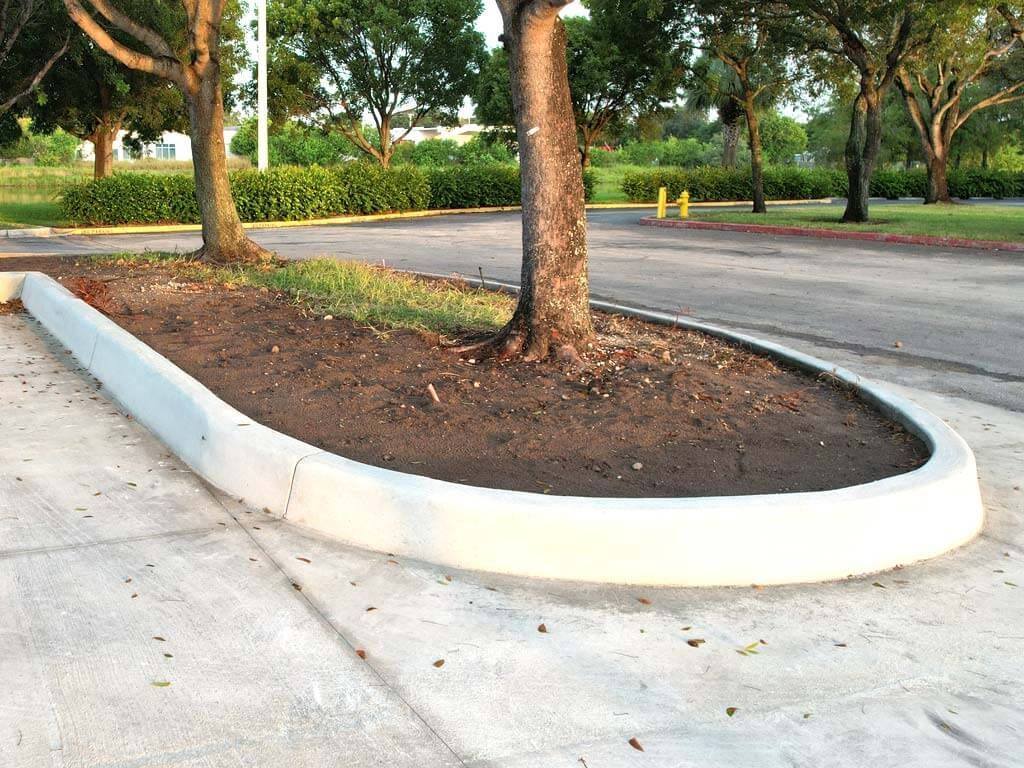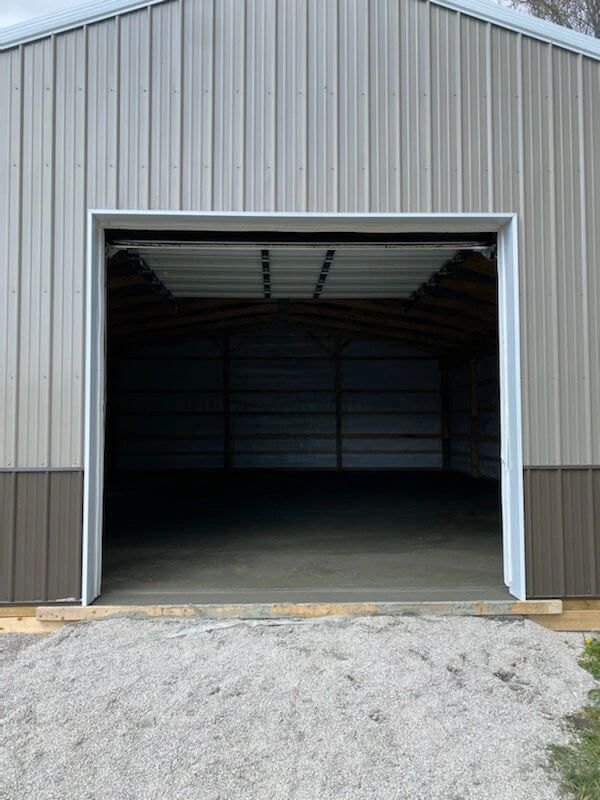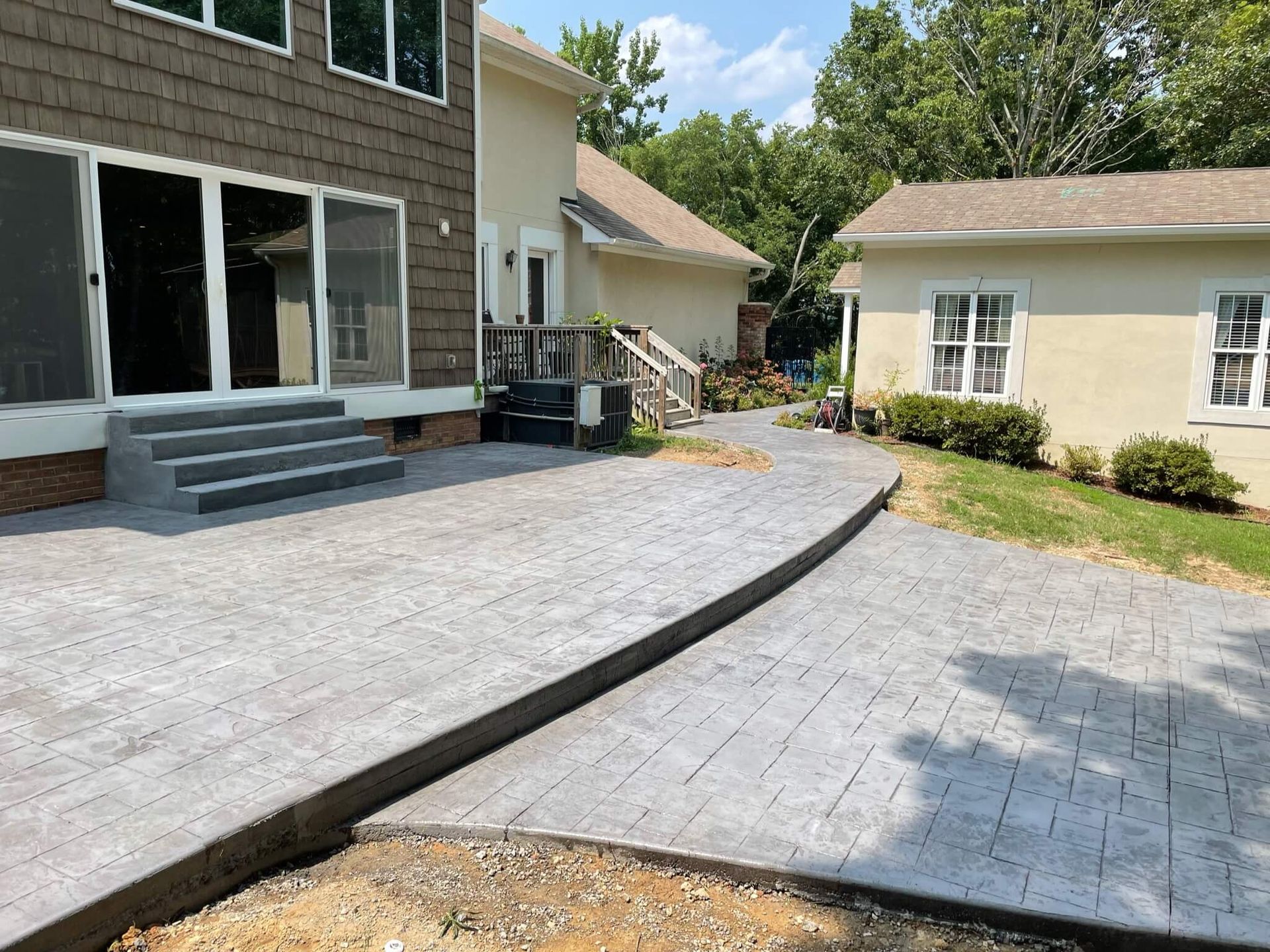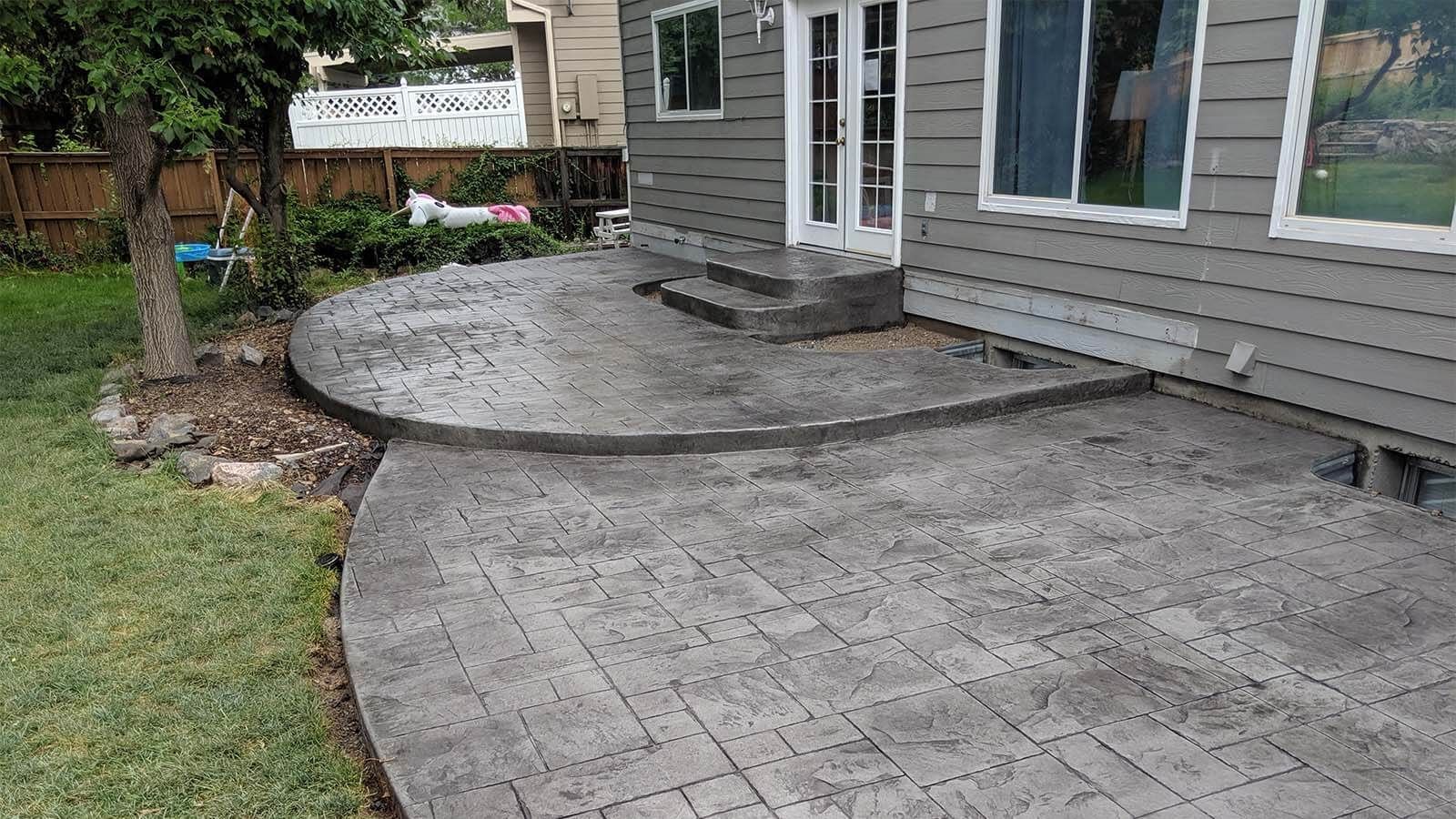8 Reasons Why You Should Not Do DIY Concrete Slab
Related Articles...
A concrete slab is a flat, durable surface composed of solidified concrete. It is the muscle in buildings, forming floors, ceilings, foundations, and even kitchen countertops. Even though the Do It Yourself (DIY) projects can be tempting, there are better options than dealing with concrete slabs alone. Here's why:
1. Deeper Layers of Complexity
The process of pouring concrete involves various hidden challenges, such as preparing the subgrade. This refers to the layer of soil beneath the concrete slab, which must be appropriately designed to establish a stable concrete foundation. Improperly prepared subgrades may result in uneven settling, cracks, and slab failure.
Achieving a perfectly level slab can be more complex than it seems, as it requires specific tools and a keen sense of accuracy. The way the concrete is poured also significantly impacts its strength and durability. Pouring the concrete unevenly can create weak areas and air pockets. Improper troweling can result in an uneven surface that is more likely to crack.
2. Requiring Manual Work
Mixing and pouring concrete requires physical labor, such as lifting, bending, and troweling. These activities can result in muscle fatigue and potential injuries. The procedure may also strain the back and arms because of the heaviness of cement, sand, and gravel bags.
From excavating the trench to completing the surface, continuous movement necessitates ongoing physical exertion, which demands flexibility to bend, lift, and work for extended durations without taking breaks. Before attempting a physically demanding task, it is essential to take into account one's physical limitations.
3. Specialized Tools and Equipment
Renting specialized tools and equipment from concrete companies, like a concrete mixer, wheelbarrow, shovels, trowels, levels, forms, and safety gear, can be expensive and might cancel out the initial savings from doing it yourself.
Proper maintenance and cleaning are essential to prevent extra charges or damaged deposits. Having your tools can save you money when working on multiple projects. Still, it's crucial to consider how often you'll use them and if you have enough space to store them before deciding.
4. Potential Dangers
Construction safety risks should be taken seriously, including concrete burns, falling, and tool hazards. Protective equipment is essential when working with new concrete because of the potential for severe chemical burns.
To prevent falls, using stable ladders and maintaining clutter-free work areas when working on uneven ground or climbing ladders is essential. In an emergency, individuals may not seek treatment independently as they may require assistance from a trained professional. It is crucial to follow appropriate safety protocols when using power tools such as mixers and saws.
5. Time-Consuming Method
The process of curing concrete foundations typically lasts for a period of 24 to 48 hours. It is essential to take your time with this process, as it can result in the development of cracks and structural weaknesses. The duration of the process may vary, depending on the project's size and complexity.
Unforeseen delays, such as adverse weather conditions or equipment problems, can further complicate the schedule. Hence, it is not advisable to do it in a do-it-yourself project, considering the adequate time and flexibility.
6. Potential Costly Errors
The cost of repairing cracked, or uneven slabs can be high because it requires specialized equipment and expertise. Significant errors could require the complete slab removal, resulting in an overall increase in the project's expenses.
If the worker lacks professionalism, the construction of the concrete slab will result in higher costs because of insufficient training and expertise. When determining a budget, it is essential to consider additional expenses that may take time, such as extra materials, damage to tools, and unexpected complications.
7. Adherence with Building Codes
Individuals who engage in do-it-yourself projects may need help following building regulations because of challenges related to obtaining permits and going through inspections. Experienced concrete contractors possess extensive knowledge of applicable codes and regulations, enabling them to prioritize safety and meet compliance requirements. If a do-it-yourself slab fails, there may be liability concerns.
However, hiring a concrete service usually includes insurance coverage to safeguard against these risks. Hiring a professional concrete contractor provides assurance and avoids potential legal responsibility.
8. Subject Mastery is Crucial
Concrete contractors have extensive experience mixing, pouring, and finishing concrete to ensure its long-lasting durability. They possess problem-solving abilities to address unexpected challenges during construction projects.
Respected concrete contractors provide quality assurance, ensuring a professional outcome and backing their work with warranties and guarantees. When you hire a contractor, you can expect a convenient, reliable, and durable product.
Concrete Slab Yourself or Hiring a Concrete Company?
The choice between doing a concrete slab yourself or hiring a concrete company depends on your situation, abilities, and comfort level. Please consider the complex nature of the project, your physical limitations, possible hazards, and the long-term benefits.
Although DIY can be fulfilling, relying on concrete contractors for your project is often beneficial. This can save you time, money, and potential difficulties in the future. Doing so can ensure a secure, outstanding, and durable concrete slab that will last for many years.
If you need a local concrete contractor in Toledo, Ohio, you can contact
Primed Concrete. We have extensive experience delivering concrete slabs to our clients, ensuring their long-lasting satisfaction for many years.
Our
team of concrete experts will assist you throughout the process to guarantee your project is finished within the designated timeframe and budget. Please get in touch with us at your convenience to inquire about our design services. Our contact information can be found at
419-780-3892.

